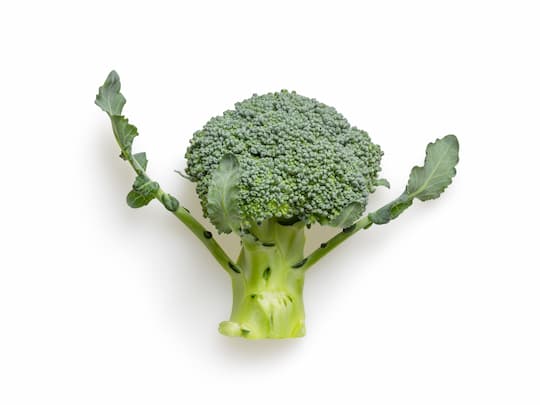Now ask your doctor for specific daily amounts needed, that will require further research since just is just an association, not a proven cause.
These Fruits And Veg Reduce Cognitive Decline Risk The Most

The fruits and vegetables that provide the highest protection against cognitive decline.
Certain fruits and vegetables that contain antioxidant flavonols appear to protect against cognitive decline.
Flavanols, which are a type of flavonoid, are found in nearly all fruits and vegetables, as well as in tea.
Consuming around one cup of dark leafy greens each day is linked to retaining stronger cognitive abilities with age.
Kaempferol and myricetin
A flavanol called kaempferol was linked to the highest level of protection by the research.
Typical foods that contain high levels of kaempferol include beans, tea, kale, spinach and broccoli.
Another flavanol called myricetin was also protective, although not quite to the same extent as kaempferol.
Typical foods that contain high levels of myricetin include wine, tea, kale, oranges and tomatoes.
Quercetin, which is found in tea, apples, kale and tomatoes was also protective, but at a still lower level.
Dr Thomas M. Holland, the study’s first author, said:
“It’s exciting that our study shows making specific diet choices may lead to a slower rate of cognitive decline.
Something as simple as eating more fruits and vegetables and drinking more tea is an easy way for people to take an active role in maintaining their brain health.”
Slowing cognitive decline
For the study, almost 1,000 people were divided into groups based on the amount of flavanols in their diet.
The group consuming the most flavanols got 15 mg a day — the amount that would come from a single cup of dark leafy greens.
Study participants were tracked over an average of 7 years and given regular cognitive tests.
These revealed that people who consumed the highest levels of flavanols experienced the slowest decline in their cognitive abilities.
The study’s authors explained:
“Results suggest dietary intakes of total flavonols and several flavonol constituents may be associated with slower decline in global cognition and multiple cognitive abilities with older age.”
As with any correlational research like this one, the study cannot prove that there is a link, merely that there is an association.
No comments:
Post a Comment